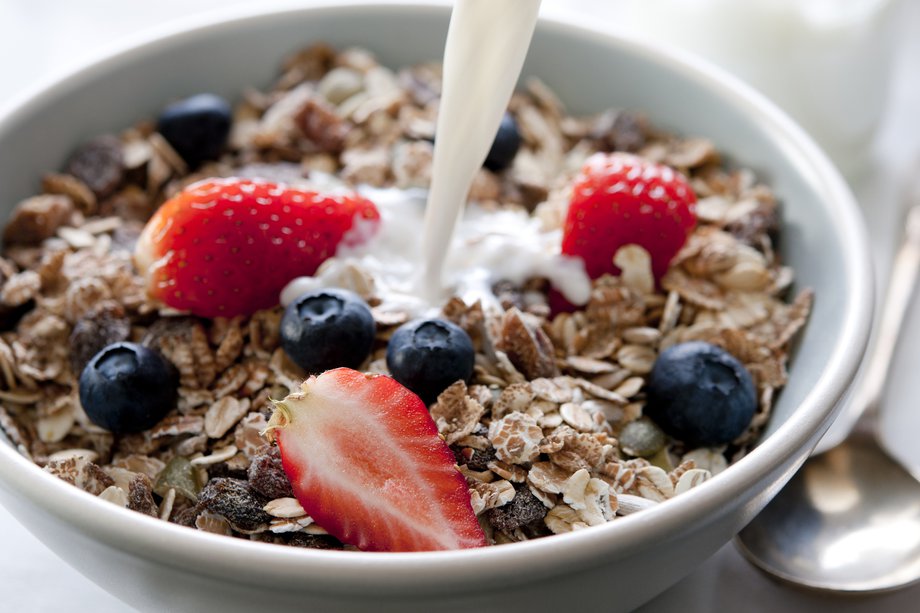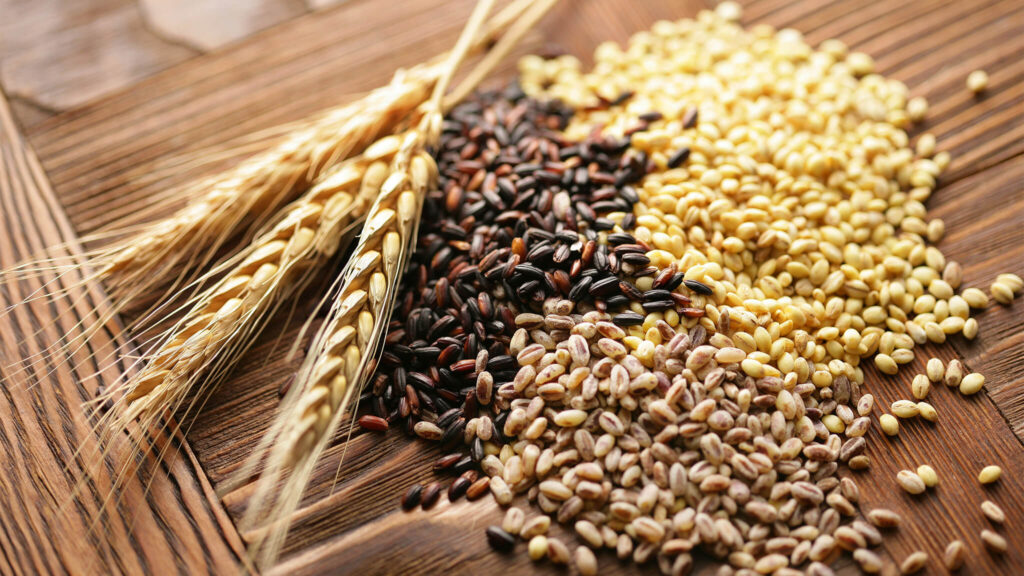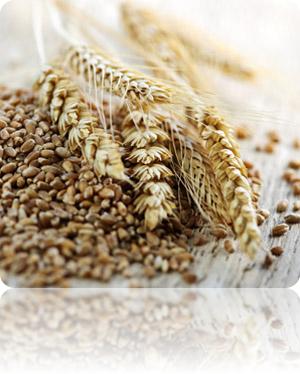The importance of breakfast
 Children need breakfast
Children need breakfast
Adults need to have breakfast to experience a better day while the need of children to have breakfast is even more. Continuous body and brain development of children necessitates a regular intake of nutrients. When they skip breakfast, they proceed an hunger period which may be as longer as 18 hours and this half hunger situation can create lots of physical, mental and behavioral problems. If adults or children skip the breakfast in order to sleep a few more minutes, in fact it means they are missing a nutritious meal that will make them be in a fine fettle. You can be more fruitful in your job by charging your brain and body via breakfast. It is practical to prepare fast and nutritious breakfast by pouring of milk on whole grain breakfast cereal for your children.
Breakfast in adults
Scientific studies show that skipping meals, especially breakfast, is one of the main reasons that makes it hard to control body weight. Skipping breakfast results in over eating in the next meal and consuming high calorie foods in order to suppress hunger. To start the day with a well balanced diet, foods that are low in fat and rich in complex carbohydrates, proteins, fiber and vitamins must be preffered. With their low calorie values and rich nutrition contents, whole grains are the perfect breakfast alternatives.


 Turkish
Turkish

 Whole grain containing foods are rich in terms of complex carbohydrates, proteins, fiber (diet pulp), vitamin B, antioxidants, zinc, iron, copper and magnesium as all three parts of the grain (endosperm, bran and wheat germ) are remained. Meals containing whole grains provide a slow and balanced use of energy in the body resulting in being active and full upon whole day. A nutrition style that is rich in whole grains has proven to reduce the risks of heart disease, type 2 diabetes1, obezity2 and some cancer types by scientific studies. In addition to these, this type of food aid in regulating the digestion system functions as fiber containing food consumption has been shown to act in improvement of intestinal movement.
Whole grain containing foods are rich in terms of complex carbohydrates, proteins, fiber (diet pulp), vitamin B, antioxidants, zinc, iron, copper and magnesium as all three parts of the grain (endosperm, bran and wheat germ) are remained. Meals containing whole grains provide a slow and balanced use of energy in the body resulting in being active and full upon whole day. A nutrition style that is rich in whole grains has proven to reduce the risks of heart disease, type 2 diabetes1, obezity2 and some cancer types by scientific studies. In addition to these, this type of food aid in regulating the digestion system functions as fiber containing food consumption has been shown to act in improvement of intestinal movement.
 Grain is composed of three parts – bran, endosperm and seed – each of which affects its own integrity and quality.
Grain is composed of three parts – bran, endosperm and seed – each of which affects its own integrity and quality.